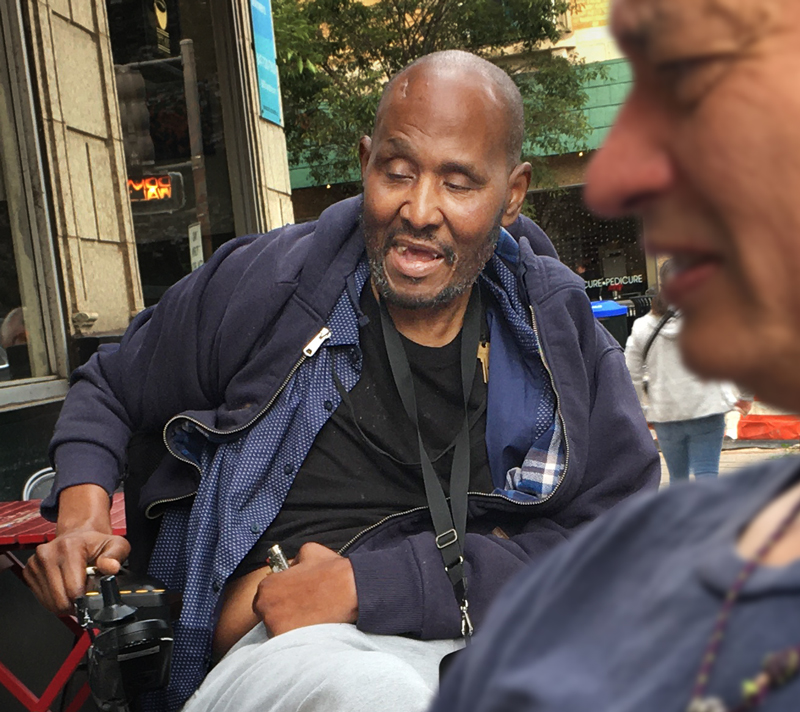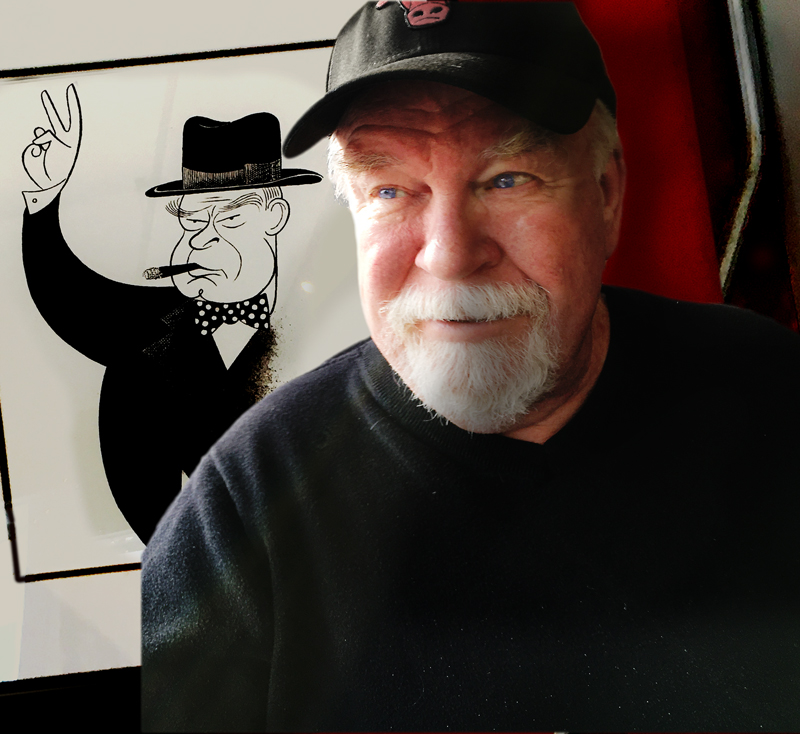Child and dog Brothers K
 The kids have left home and the dog has gone to heaven.
The kids have left home and the dog has gone to heaven.
For everything there is a season.
A time to reap, a time to sow. A time to bear children and adopt a rescue dog to teach them empathy. The season for orthodontists is followed by the season of U-Hauls and driving kids great distances to start their careers.
The sun cleared the Section-8 unit across the street as a guy inside our coffee shop watched a mother on the sidewalk playing a game with her son.
She would offer a banana which he refused with an exaggerated shake of the head, only to grab her hand and take a bite. It was his job to make his mother laugh.
The boy was a study in motion. At one point he’d rotated himself fully upside down in his stroller. He’d been hearing about this thing called an “indoor voice” and it occurred to him that being out there on the sidewalk, as outdoors as anybody can get, there was no limit to noise he could make.
For the man sitting inside, this was a opportunity to watch a child closely without fear of being falsely accused of something creepy.
He had made thousands of drawings of children during his career. The balance of their heads, the preverbal language of their hands, their examination of objects and that just-delivered newness continued to fascinate him.
A morning customer and her dog took the next table over and instantly the boy had planted himself on the pavement.
The scene played out exactly as scripted; dog begging for attention meets child being coaxed to pet him. Sooner or later there will be a four-legged sibling in this kid’s future.
The man watching all this unfold cherishes memories of the absolute, moment-to-moment closeness he shared with his own children decades ago.
And while he has no desire to relive those years, to see the seasons run backward, he never refuses the chance to hold someone’s baby in his arms when the opportunity is offered.![]()




